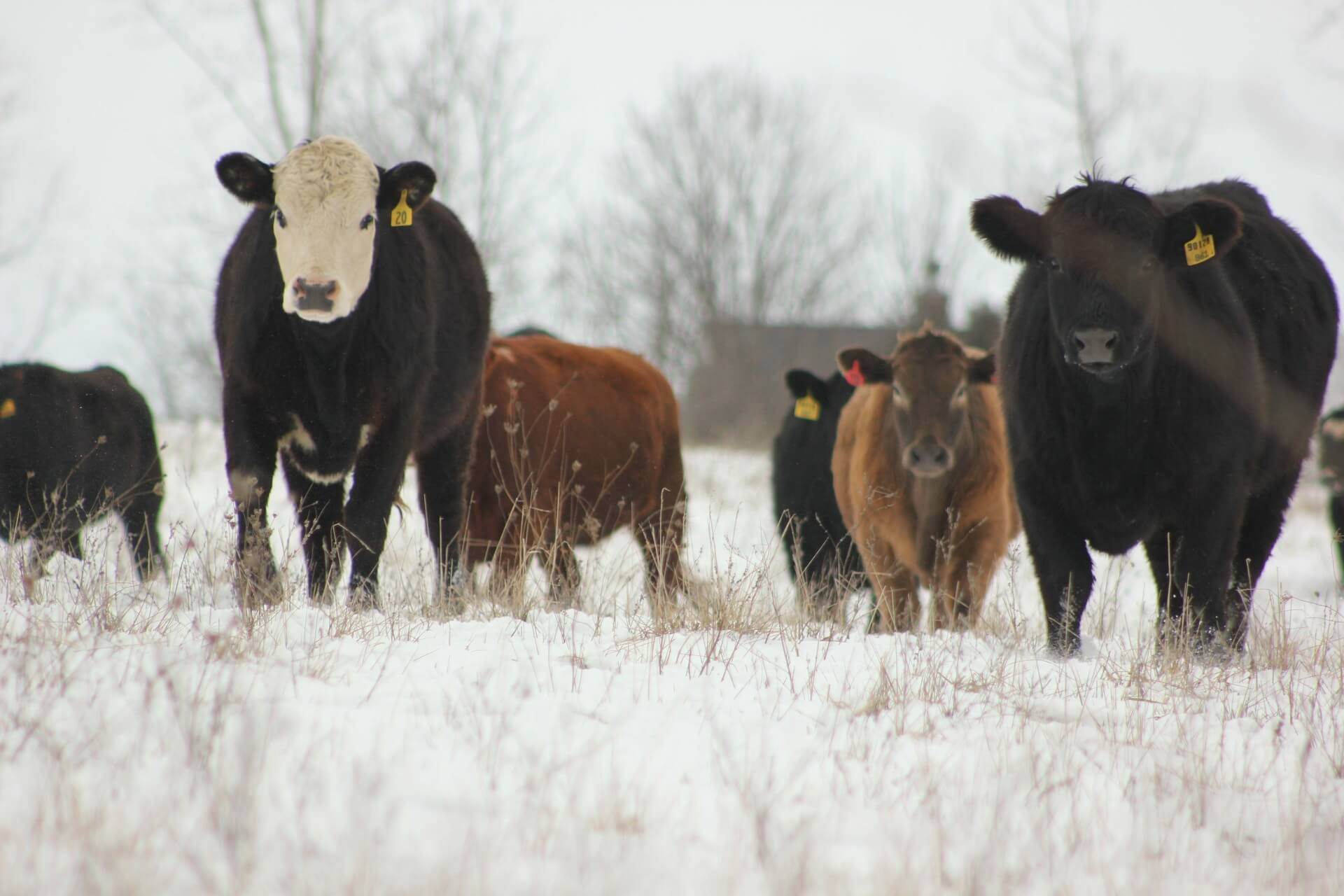A Deeper Dive into Pasture-Raised Livestock Farming: Benefits, Challenges, and the Future
This occasion gives us the chance to delve into the absorbing discussion on A Deeper Dive into Pasture-Raised Livestock Farming: Benefits, Challenges, and the Future. Let’s gather and share meaningful details and offer the readers a fresh perspective.
Video about A Deeper Dive into Pasture-Raised Livestock Farming: Benefits, Challenges, and the Future
A Deeper Dive into Pasture-Raised Livestock Farming: Benefits, Challenges, and the Future

In today’s world, concern for animal welfare and the environmental impact of our food choices is growing. This shift in consciousness has led to a resurgence of interest in traditional farming practices, particularly pasture-raised livestock farming. This article explores the nuances of this method, examining its benefits, challenges, and potential to shape a sustainable future for agriculture.
Understanding Pasture-Raised Livestock Farming
Pasture-raised livestock farming, also known as rotational grazing, involves raising animals on a managed system of pastures. Contrary to intensive farming practices where animals are confined to crowded feedlots, pasture-raised livestock have access to open spaces and can graze naturally.
Key components of pasture-raised livestock farming include:
- Grazing: The primary source of nutrition for the animals is fresh pasture grass and forage.
- Rotation: Pastures are divided into smaller paddocks, and animals are moved between them regularly. This practice helps prevent overgrazing, allows the land to recover, and promotes healthy pasture growth.
- Animal Welfare: Pasture-raised systems prioritize animal welfare by providing space to roam, engage in natural behaviors, and experience varied environments. This often translates to healthier animals with less reliance on antibiotics and other medications.
- Environmental Sustainability: Pasture-raised livestock farming can have numerous environmental benefits, including improved soil health, reduced greenhouse gas emissions, and enhanced biodiversity.
Benefits of Pasture-Raised Farming
The appeal of pasture-raised livestock extends beyond the idyllic image of animals grazing freely. There are concrete benefits that differentiate this method from traditional intensive farming:
Improved Animal Health and Welfare: Access to fresh air, sunshine, and space to move naturally contributes to improved animal health and reduces stress. Pasture-raised animals are less likely to suffer from respiratory issues, parasites, and other health problems.
Higher Nutritional Value: Studies indicate that pasture-raised livestock products, such as meat, eggs, and milk, contain higher levels of certain nutrients, including omega-3 fatty acids, vitamin E, and beta-carotene. This may be attributed to the diverse diet and natural foraging behavior of pasture-raised animals.
Enhanced Flavor: Many consumers report a superior taste and flavor in pasture-raised products compared to conventionally raised counterparts. This is likely due to variations in diet, animal activity, and stress levels.
Environmental Stewardship:
Pasture-raised farming promotes sustainable land management practices.
- Soil Health:
Closure
We trust this article has given you meaningful insights into A Deeper Dive into Pasture-Raised Livestock Farming: Benefits, Challenges, and the Future. Thank you for spending your time reading this article. Until our next article!.

No comments:
Post a Comment